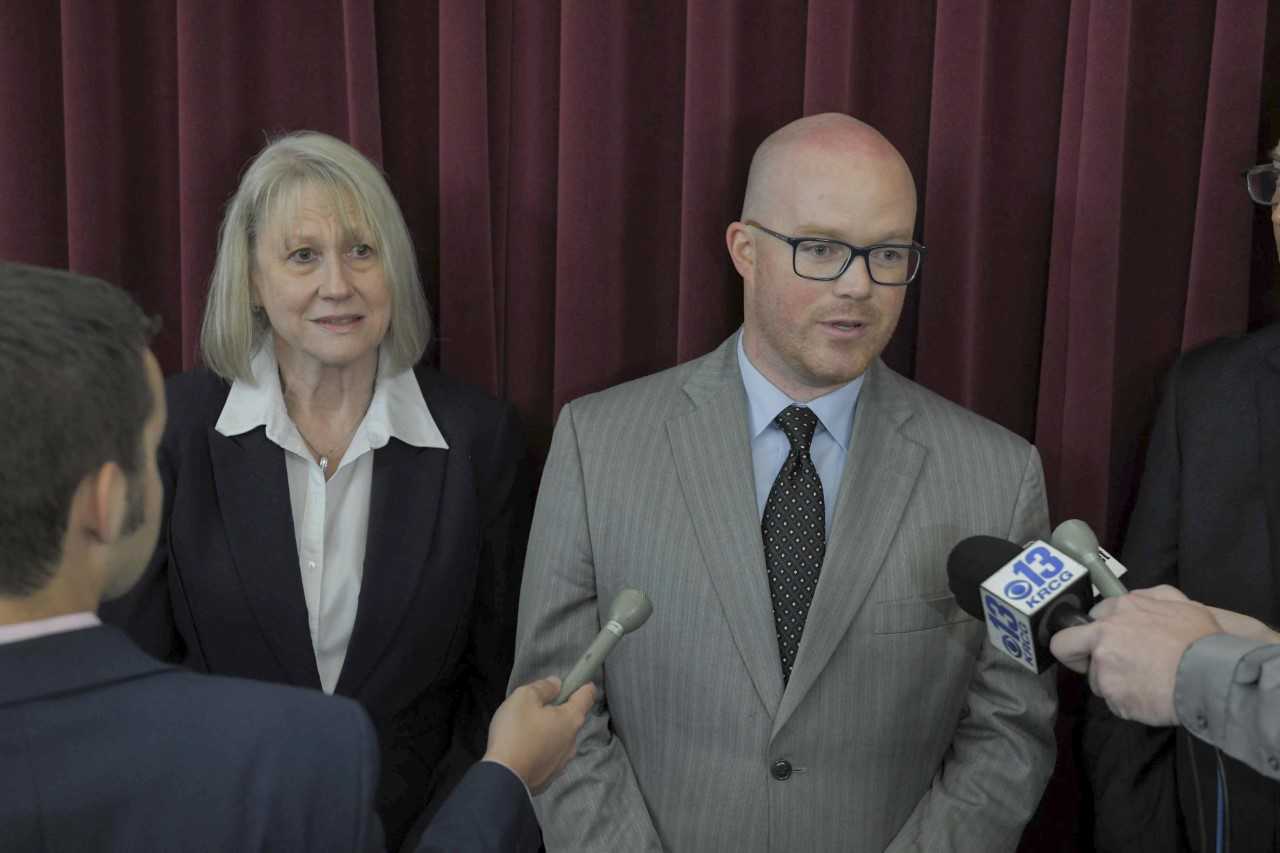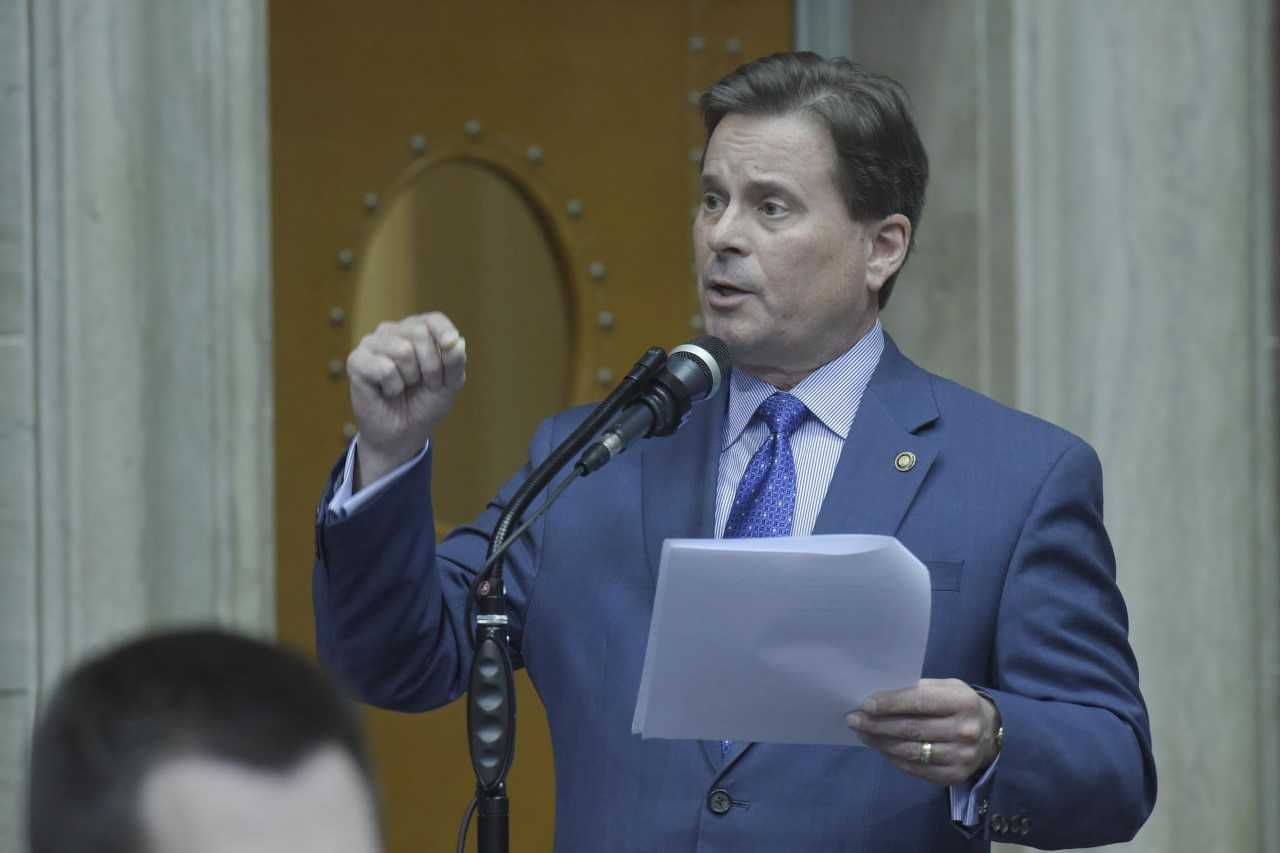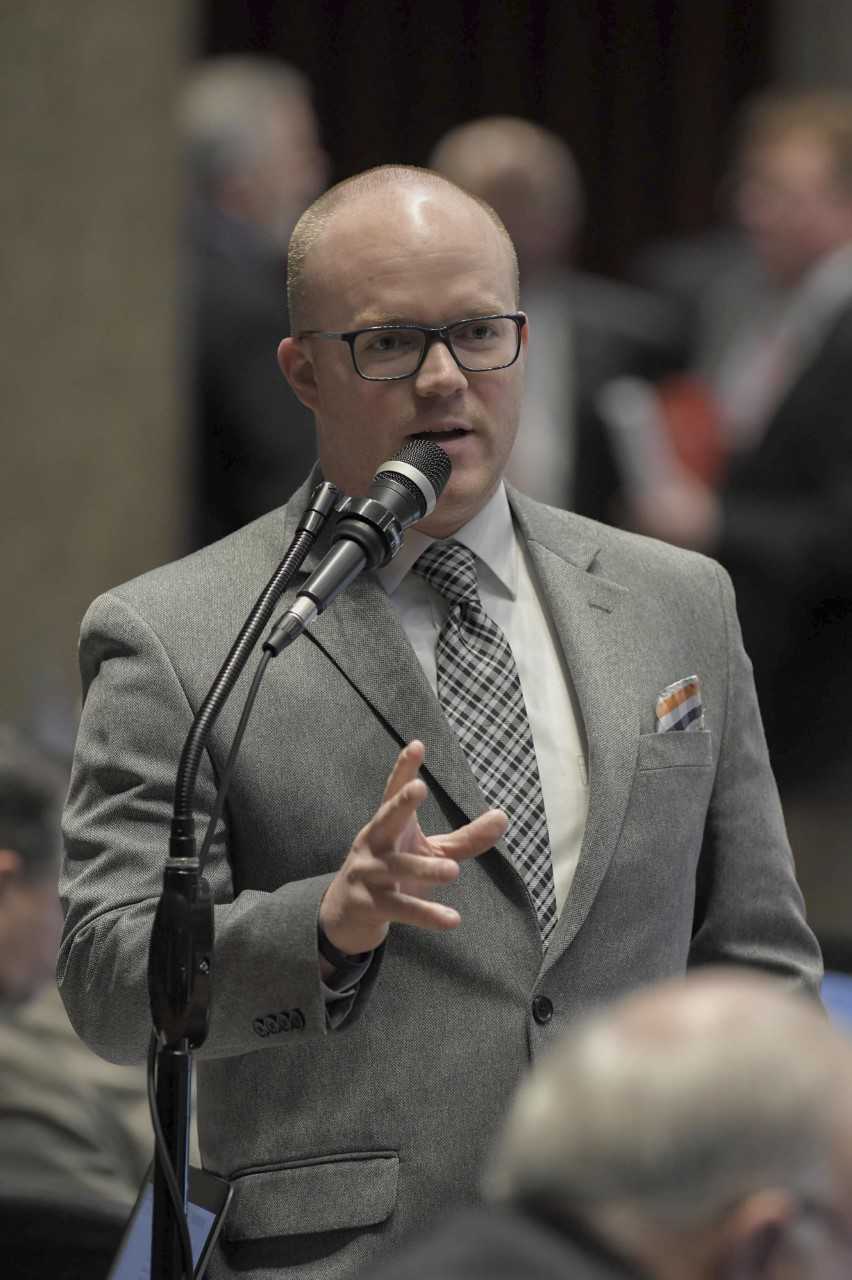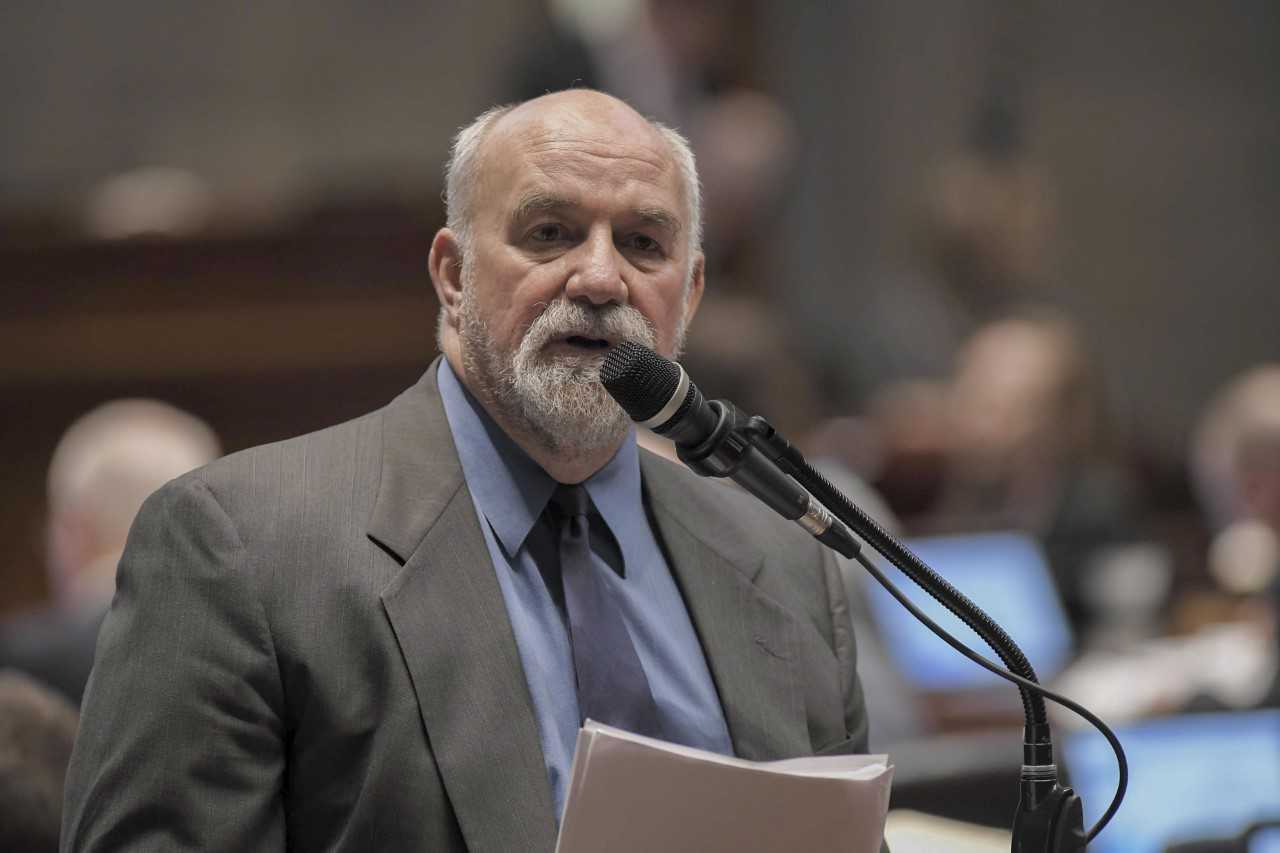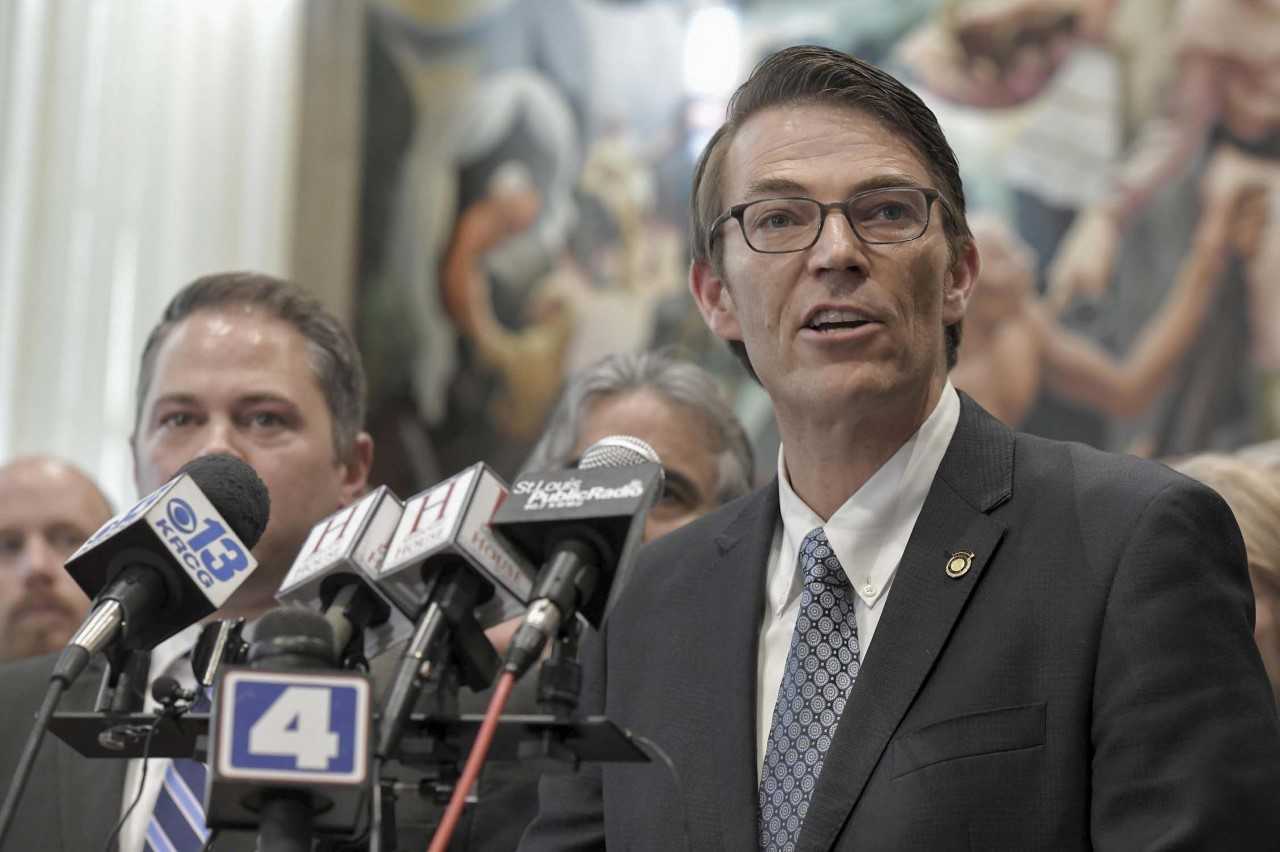Missouri lawmakers will again consider a bipartisan effort to reduce exposure to and the transmission of HIV in the session that begins in January.

Representatives Holly Rehder (R-Sikeston) and Tracy McCreery (D-St. Louis) have filed legislation that would change Missouri laws that criminalize exposing individuals to HIV. Rehder will also file a bill that would let organizations give clean needles to users of illegal intravenous drugs. Both proposals were also filed last session.
Rehder’s House Bill 168 would relax state laws against delivery of drug paraphernalia. Programs that offer clean needles to users could register with the Department of Health and Senior Services and be allowed to continue operating.
Supporters say the offer of clean needles could reduce the spread among IV drug abusers of diseases like HIV and Hepatitis C. Representative Rehder said it also make s users 5-times more likely to enter drug treatment because the needle exchange programs put them in direct contact with medical professionals.
Rehder refutes opponents who have argued that needle exchange programs simply enable the abuse of IV drugs.
Last session’s needle exchange legislation, House Bill 1620, was passed out of the House 135-13, but stalled in the Senate.
House Bills 166 and 167, filed by Reps. McCreery and Rehder, respectively, both aim to change Missouri laws that criminalize the act of knowingly exposing a person to HIV.

Both bills would expand those laws to criminalize knowingly exposing a person to any serious infectious or communicable diseases. Both would also specify that individuals who attempt to prevent transmission, including through the use of a condom or through medical treatment that reduces the risk of transmission, are not knowingly exposing others to a disease.
McCreery and other supporters said those laws have actually discouraged people from getting tested and, if necessary, treated for HIV.
LaTrischa Miles, treatment adherence supervisor with KC Care Health Center, said in the time since Missouri’s and other states’ HIV exposure laws were written treatments have advanced so that people who might be in violation of those laws aren’t actually exposing anyone to a risk of HIV infection.

“If people are doing things that pose no risk of transmission then that act should not be criminalized,” said McCreery. “Right now there are things in our laws that say if somebody commits a certain action, even if they absolutely pose no risk of transmission, they can still be charged with a crime.”
Rehder agreed with McCreery in saying that it’s time for Missouri to update its laws regarding HIV exposure and transmission, which were written in the 1990s.
“It’s important for our statutes to be updated as we become better educated and as technology and medicine advance. Bottom line is we want people to get tested, know their status, and get treatment,” said Rehder. “The Department of Justice along with many other national health organizations called for states to reform their HIV-specific laws many years ago because they run counter to many public health best practices.”
Last session’s versions of the HIV transmission laws legislation, House Bills 2675 (McCreery) and 2674 (Rehder) were subject to a hearing by the House Committee on Health and Mental Health Services. The hearing was in the final days of the session so the bills did not advance, but the committee encouraged McCreery and Rehder to reintroduce the bills for 2019.
These three bills were among dozens filed by lawmakers on Monday, the first day legislation could be prefiled for the session that begins in January.







